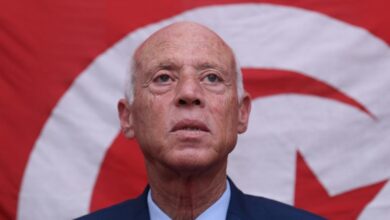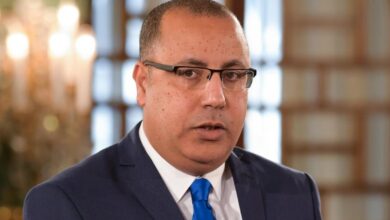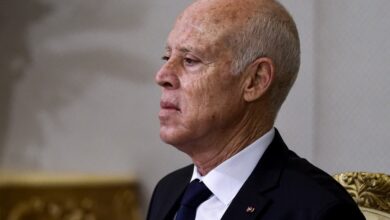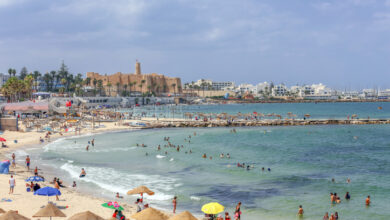Tunisia
Tunisian President Kais Saied Reveals Proposed Draft Of Country’s New Constitution
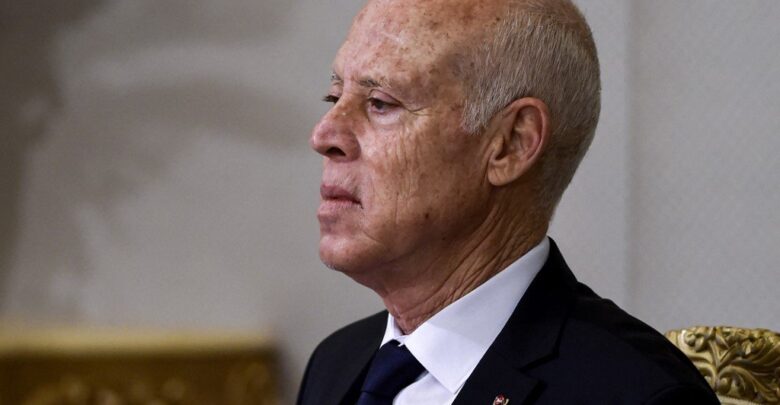
Tunisian President Kais Saied revealed the proposed draft of a new constitution on Thursday, which will be put to a referendum vote on July 25, reported The Reuters.
The proposed constitution, released in the official gazette, makes sweeping changes to Tunisia’s governmental structure. It seeks to set up a purely presidential system that gives greater powers to the executive. The current Tunisian power-sharing structure is distributed between the president, prime minister and speaker of Parliament.
The gazette said that the new constitution would allow the president to present draft laws and have sole responsibility for proposing treaties and drafting state budgets.
The document also introduces a new legislative body, the National Council of Regions and Districts, which would work alongside Parliament to approve or reject proposed legislation put forward by the president.
On Thursday, the Tunisian Independent High Authority for Elections announced that nearly 9.3 million people have registered to vote in the referendum.
If approved by majority of votes, the document will replace Tunisia’s historic 2014 constitution, composed over two years of negotiations in a constituent assembly and national dialogue after the 2011 revolution that ousted Zine El Abidine Ben Ali from his 23-year rule over the country.
Mr Saied, a former adjunct constitutional law professor, is focused on overhauling the 2014 constitution, which he describes as a “course correction of the revolutionary path”.
The Tunisian President has ruled by decree since July, when he suspended the parliament and brushed aside the democratic 2014 constitution in a step his opposition called a coup.
He has since made moves to consolidate power in his own hands, including reappointing the high judicial council and the independent electoral commission.
The draft constitution published in the official gazette late on Thursday says Saied would continue to rule by decree until the creation of a new parliament through an election expected in December.


